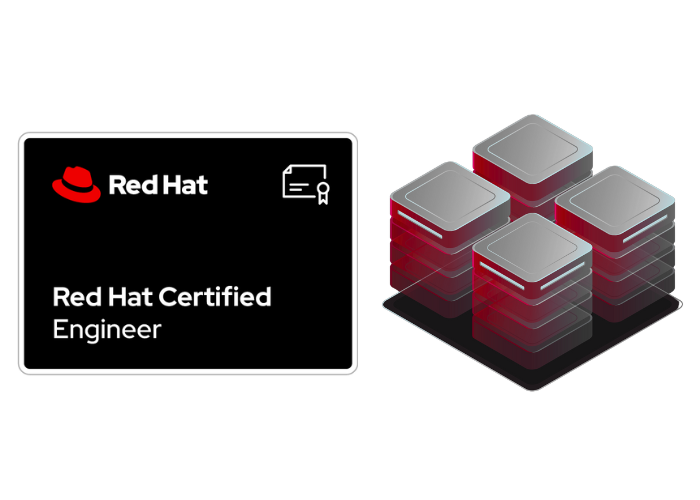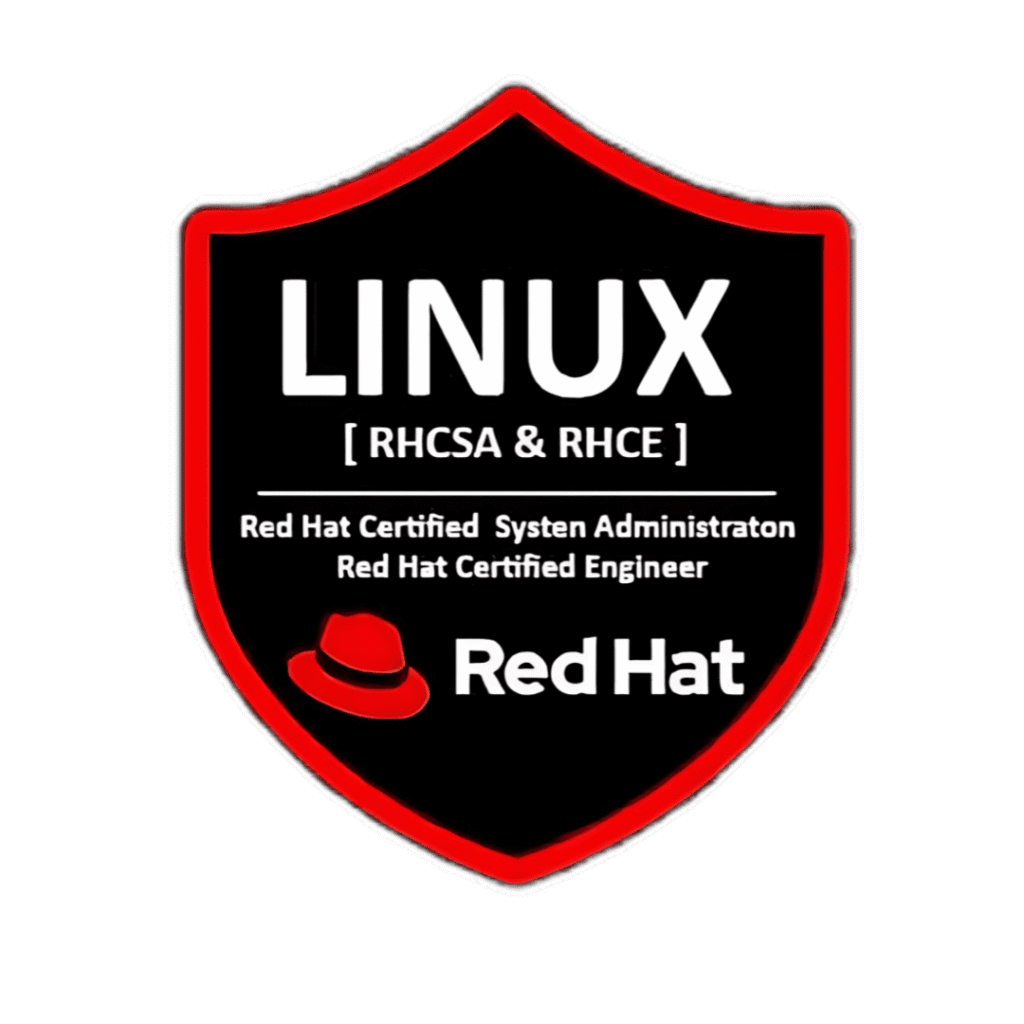
Looking to become a Red Hat Certified Engineer (RHCE)?
Master Linux system automation with RedTie’s RHCE course—built for IT professionals ready to scale their expertise with Ansible. Whether you’re aiming to clear the RHCE exam or enhance your real-world automation skills, our structured, hands-on training empowers you to lead complex deployments confidently.
Understand automation workflows, YAML syntax, and how Ansible fits into DevOps pipelines.
Write Ansible playbooks to configure servers, manage users, install packages, and enforce configurations.
Handle inventories, variables, and secrets across multi-node environments.
Use roles, templates, and handlers to build scalable, reusable automation scripts.
Learn troubleshooting, testing, and performance-tuning best practices


Red Hat Certified Engineer (EX294) | Red Hat Enterprise Linux 9
This course is designed to help experienced Linux professionals automate system administration tasks using Ansible and prepare for the RHCE certification exam with confidence.
What is RHCE and what does it certify?
Overview of Red Hat Ansible Automation Platform
Benefits of infrastructure automation
Ansible architecture and key components
Setting up the Ansible control node
Writing and executing your first playbook
Defining variables in playbooks
Gathering and using system facts
Applying conditional logic in tasks
Using loops, conditionals, and when statements
Task handlers, tags, and notifications
Error handling strategies in automation
Managing and pushing configuration files
Using Jinja2 templates in playbooks
Automating configuration distribution
Organizing playbooks using Ansible roles
Reusing content with Ansible Galaxy
Parallel execution and task dependencies
Using Ansible Vault to manage sensitive data
Configuring Ansible behavior through ansible.cfg
Advanced inventory management techniques
Automating routers, switches, and network appliances
Using dedicated Ansible modules for networking
Best practices in network automation
Fundamentals of shell scripting for sysadmins
Using scripts to automate repetitive tasks
Building production-grade Ansible playbooks
Practical labs simulating enterprise environments
Troubleshooting common playbook failures
Exam strategies and tips
Sample scenarios and mock exercises
Final review and readiness checklist



Crafted by Certified Experts – Real-world insights from experienced IT professionals, not just textbook content.




